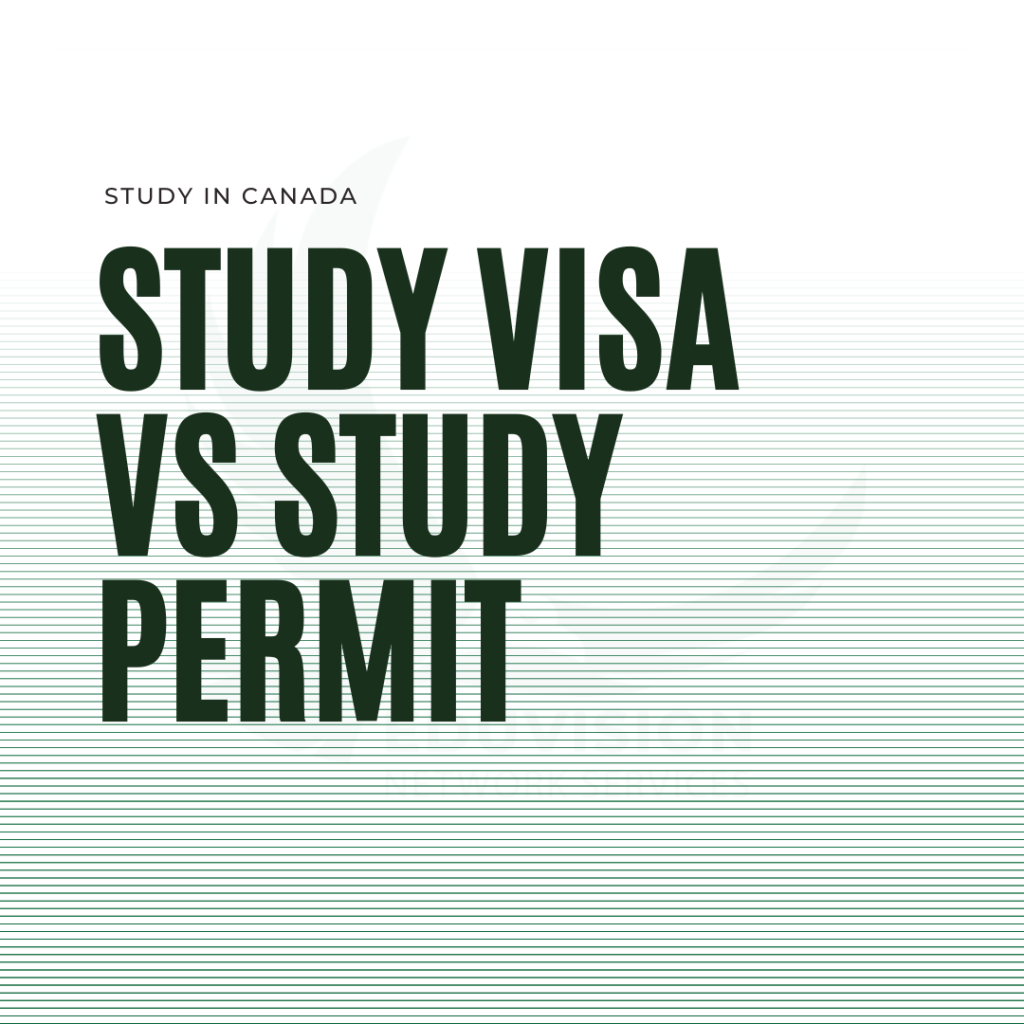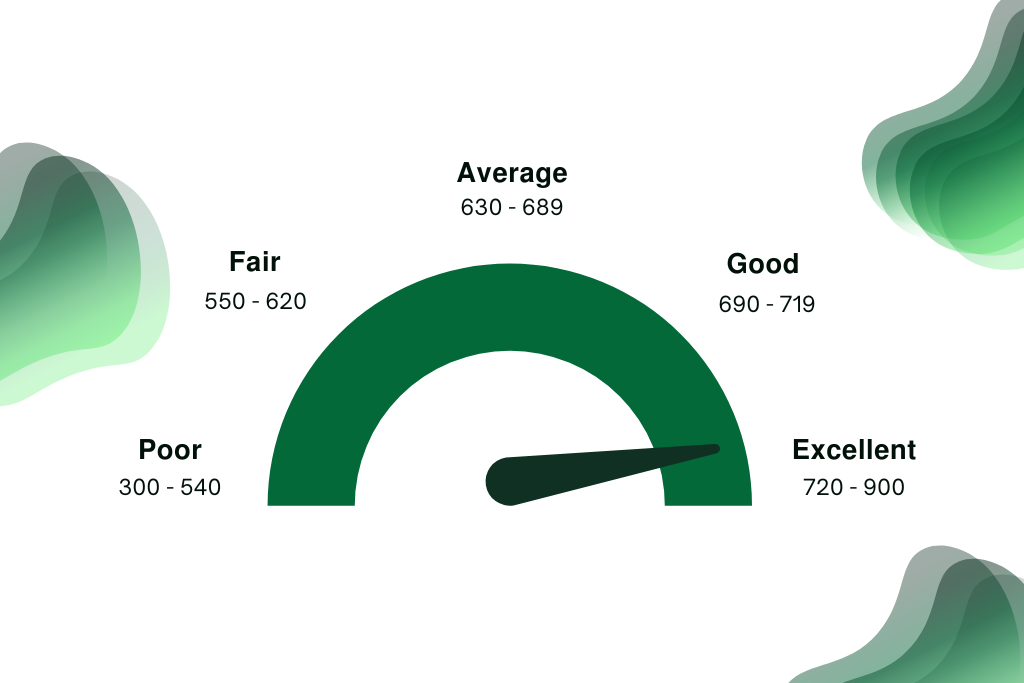Study Abroad in Canada: Is a Short-Term or Long-Term Study Program Best for You?

Are you ready to embark on your study abroad journey in Canada? Congratulations! Now comes the important decision of choosing between a short-term or long-term study program. This decision depends on several factors, including your academic and professional goals, personal circumstances, and financial considerations.
Personal Circumstances
When it comes to choosing the length of your study program, it’s important to consider your personal circumstances. Several factors can influence this decision:
- Comfort level with living away from home: Assess how comfortable you are with the idea of living in a foreign country for an extended period. Some students may prefer a shorter program to ease into the experience, while others may be ready for a longer commitment.
- Family circumstances: Consider your family situation and any obligations or responsibilities you may have. A shorter program might be more suitable if you need to be closer to your family or if you have other commitments that make a longer absence challenging.
- Immigration plans: Think about your future plans and whether you envision yourself immigrating to the country where you’ll be studying. If immigration is part of your long-term goals, a longer program may provide more opportunities and pathways to achieve that objective.
- Academic and practical skills: Reflect on the academic and practical skills you aim to gain from your study abroad experience. Determine whether a short-term program will be sufficient to meet your goals or if a longer program is necessary to delve deeper into your field of study and gain a more comprehensive skill set.
By taking these personal factors into account, you can make a more informed decision about the length of your study program that aligns with your comfort, family circumstances, future plans, and desired educational outcomes.
Academic and Professional Goals
Considering your academic and professional goals is crucial as well. Reflect on your aspirations, the impact of studying abroad on your career prospect and the steps required to achieve your dream career. If you’re looking to enhance your credentials and knowledge in a specific area, a short-term program with a certificate could be ideal.
It can be helpful to ask yourself questions like:
- What are my academic goals?
- How do my career prospects change if I study abroad, vs. staying in my home country?
- What steps do I need to take to launch my dream career?
- Would the length of my program greatly impact my professional goals?
However, if you desire significant professional growth and hands-on experience in your field, a long-term program with a degree (preferably with a co-op or work placement) may be more suitable.
Finances
When it comes to studying abroad, it’s essential to consider the financial aspect as it’s an investment in your future. Your personal finances play a significant role in deciding whether to pursue a short or long-term program.
As an international student in Canada, it’s important to note that you’ll typically have the opportunity to work part-time during your studies. While this can cover your cost of living, it may limit your ability to save, especially if you’re considering studying abroad immediately after finishing secondary education.
Short-term programs that offer certificates or diplomas are generally more affordable, with costs ranging from C$15,000 to C$30,000. On the other hand, longer-term programs, such as diplomas or degrees, have higher tuition fees, typically ranging from C$30,000 to C$90,000 or more.
When evaluating programs, it’s crucial to consider the potential impact your studies will have on your future earnings. For instance, professional degrees like law may have higher upfront costs compared to shorter diplomas. However, the potential lifetime salary as a lawyer can often outweigh the initial investment in your education.
In addition to tuition fees, it’s vital to factor in the cost of living in Canada. Expenses such as housing, food, healthcare, utilities, transportation, and leisure activities can accumulate and should be considered when deciding on the duration of your study abroad program.
By carefully considering the financial aspects, including tuition fees and cost of living, you can make an informed decision about whether a short-term or long-term study program aligns with your personal finances and long-term goals.
With the right choice, you’ll set yourself up for a rewarding and successful international education experience in Canada
Ultimately, choosing between a short-term or long-term study program requires careful consideration of various factors. Take the time to assess your unique circumstances, consider the factors discussed here, and how they align with your study abroad goals.





